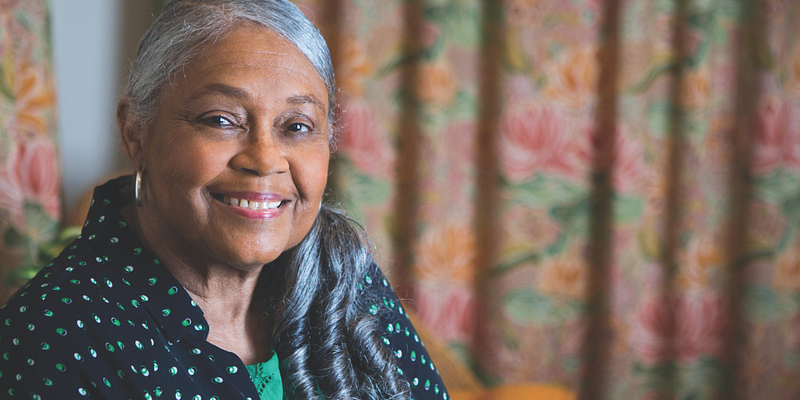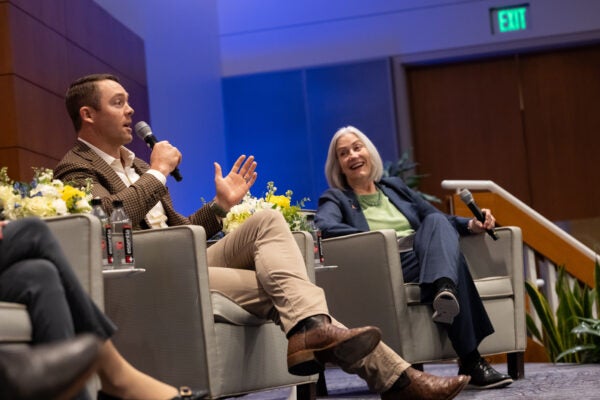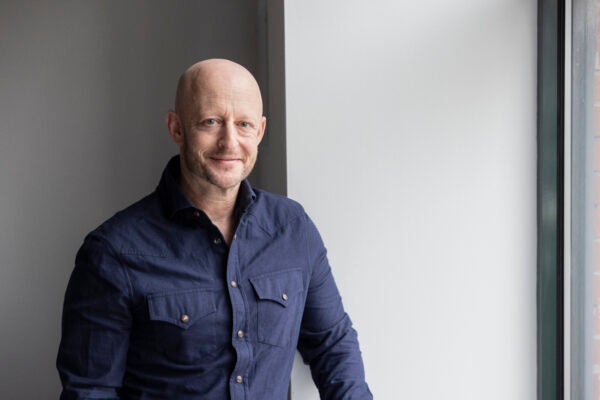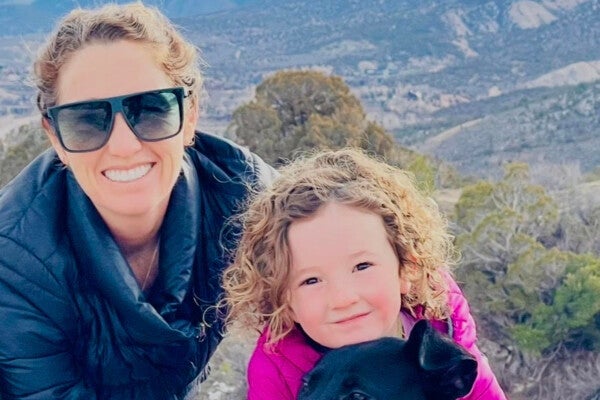Poised Pioneer
First African-American BBA graduate recalls tougher times
By Selah Maya Zighelboim

Peggy Drake Holland, BBA ’63, says she stepped onto the UT campus in 1958 with no preconceived notions. “I was an idealist,” she says. But when students in the hallway jostled her books to the floor the first week of class, She knew she had a long road ahead. She had graduated from the segregated Phillis Wheatley High School in San Antonio at only 16 — as valedictorian. The option to desegregate began her junior year, but most of her class had chosen to stay at their school so they could graduate together. “We were like a family,” Holland says.
So it was as a student at newly desegregated San Antonio College that Holland first tasted racism in an educational setting. Her math professor assigned her to a corner seat, so that his body fully obstructed her view of his demonstrations.
“It was as if I were invisible,” Holland recalls.
But most of her junior college professors welcomed Holland’s work ethic and bright mind, which earned her a spot in the honor society. She enjoyed her accounting classes there, so she enrolled in UT’s business school as an 18-year-old junior — the only Black person and the only woman in her classes. Nothing Holland had faced in San Antonio prepared her.
“Students would move if I sat near them. It was as if I were contagious,” she says.
“One of my professors explained on the first day of class that a significant part of our final grade would be based on classroom discussion — and he would call upon students to discuss the subject,” she says. “He never called my name.”
But, says Holland, “I believe the good people I’ve met and the positive experiences I’ve had outweigh the negatives.”
Seward Robb, a professor of personnel management, stands out. During a period of Ku Klux Klan activity on campus, one of Holland’s classes traveled by bus to a conference in Houston. Robb felt that Holland — who was not allowed to live in a dormitory, but in a segregated house for Black girls — faced potential danger when boarding that bus. So Robb personally saw her onto the bus that morning and ensured her safely home when it returned that night.
Another professor helped her to take the steps she needed to finally graduate — five long years after she had begun as a junior.
The delayed graduation was a result of breaks that Holland took when she “got tired of fighting.” She either went home to San Antonio to work for a semester or two, or she took classes in the more welcoming Schools of Education or Liberal Arts. One literature professor even pulled her aside to ask if she would be offended by a discussion of Huckleberry Finn. “I told him, ‘Certainly not,’” she recalls.
As much as she enjoyed her experience in other parts of campus, in the end, Holland set her mind to earning a UT business degree: “It was my right to do so,” she says. In 1963, she became the business school’s first African-American graduate.
Holland married fellow UT alum Leon Holland, an ROTC student who graduated from the College of Natural Sciences and entered the Army as an officer. She travelled the world, dedicated herself to various causes, and raised two children.
When Holland’s daughter sought to attend UT, her mother did not relate her experiences. “I thought it had probably changed.” Indeed, her daughter enjoyed UT, graduating with a communications degree. As for herself, Holland says she is a more compassionate person because of what she endured. “It’s strengthening to rise from that type of experience.”
This article appeared in the fall 2016 issue of McCombs magazine. Click on the link to see the full issue.
About this Post
Share:


